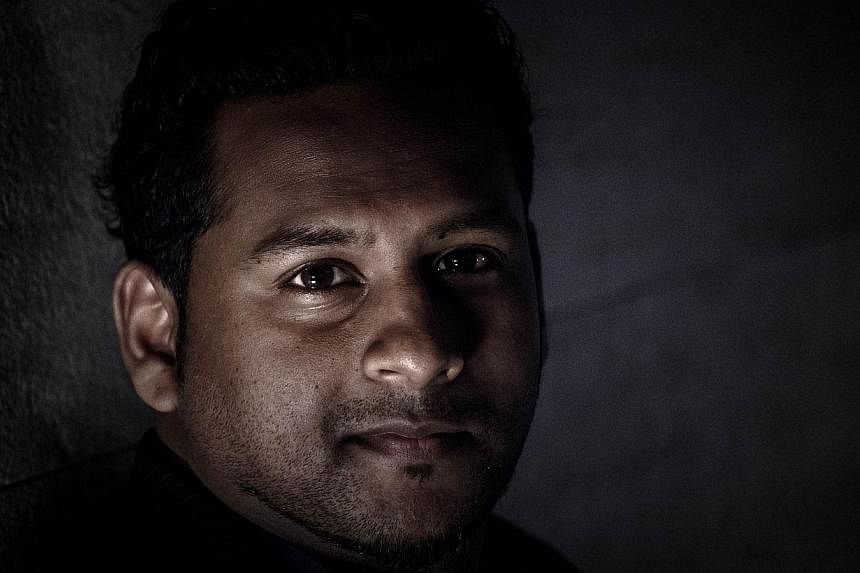HONG KONG (AFP) - When teenager Jianne Soriano joined Hong Kong's pro-democracy protests it was the first time she felt she belonged in the city where she was born - now she is one of a new wave of young campaigners fighting racial discrimination.
Soriano, 19, says that her Filipino background left her feeling like an outsider until she joined the street blockades that brought parts of the city to a standstill for more than two months from September last year.
Although Hong Kong bills itself as "Asia's world city", prejudice against ethnic minorities is still rife - from being refused apartments on the basis of race to what campaigners say are institutionalised problems in education and the workplace.
"I felt like if I got involved in something that Hong Kong was concerned about, then maybe I would start to feel like I was part of this community," says Soriano.
The teenager, whose parents moved to the city for work 20 years ago, says she was told at school that she could never rival her Chinese peers, was ridiculed by her boss for not speaking good enough Cantonese and wondered why no one would sit next to her on public transport.
Participating in the protest movement, which willingly accepted her, made her feel "equal" for the first time.
That led her to give radio interviews, write articles, join campaign groups and direct social media campaigns for ethnic minority rights - now she dreams of becoming a rights lawyer.
"I often feel like there's not much voice for ethnic minorities," she says. "Since the protests, it feels like a new era for the youth to have a say in politics. I want to inspire them."
Jeff Andrews, a 29-year-old Hong Konger from an Indian family, set up a group to encourage political activism among South Asian youths after leading them on nightly marches in support of the pro-democracy protests.
He says the Umbrella Movement, as the protests were known, have "changed the whole landscape of Hong Kong".
Like Soriano, Andrews says he grew up facing racism in the city - he was called "charcoal" and "monster", was refused jobs and was told he could not bury his mother in the local Christian cemetery because it was only for Chinese people. Now he feels things are changing.
"Young people have seen what student power is all about. Ethnic minorities are going to be knocking on (the government's) door for reform."
In January, he led a group handing in a petition to the government demanding better Chinese language teaching in schools. They have also organised fortnightly meetings, often with political speakers.
Although Hong Kong is famed as an international finance hub, ethnic minorities born in the city - most of whom are of South Asian descent - make up less than three percent of the population of seven million. Yet they are a growing part of Hong Kong's cultural mix.
Almost 28,000 non-Chinese speaking pupils study in public schools and there are 50 percent more in the three years of pre-primary education than all six years of primary.
Hong Kong's laws forbid racial discrimination, but activists say they are too weak and poorly enforced. The government is due to release the results of a public consultation on strengthening the laws this year.
"It doesn't matter how long they've lived in Hong Kong or if they were born here, (ethnic minorities) are always made to feel like foreigners," says Holing Yip, a campaign officer at rights group Unison.

